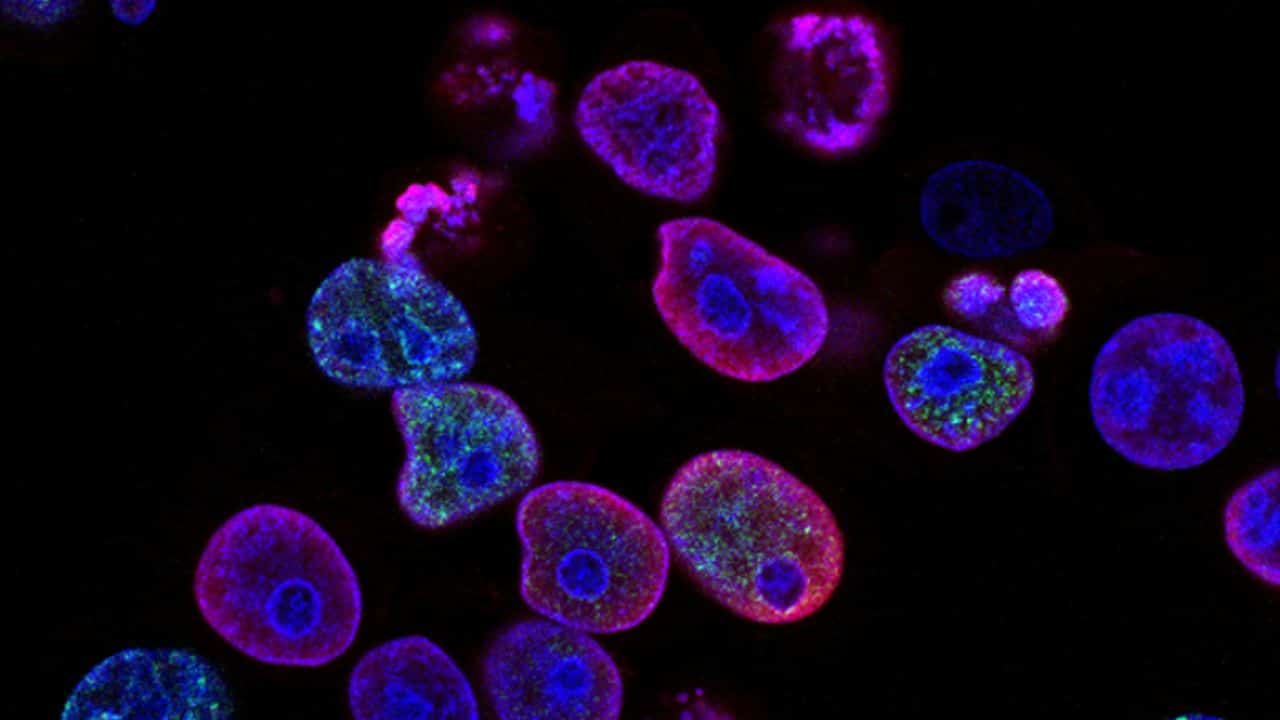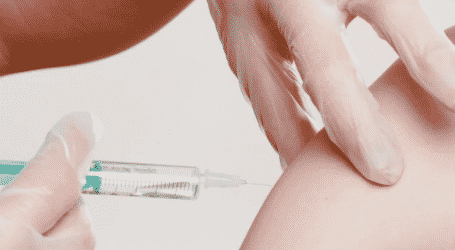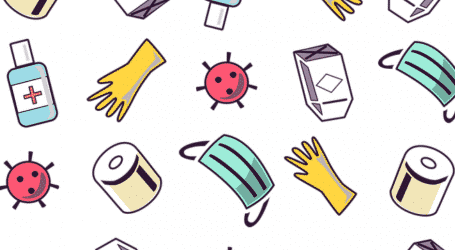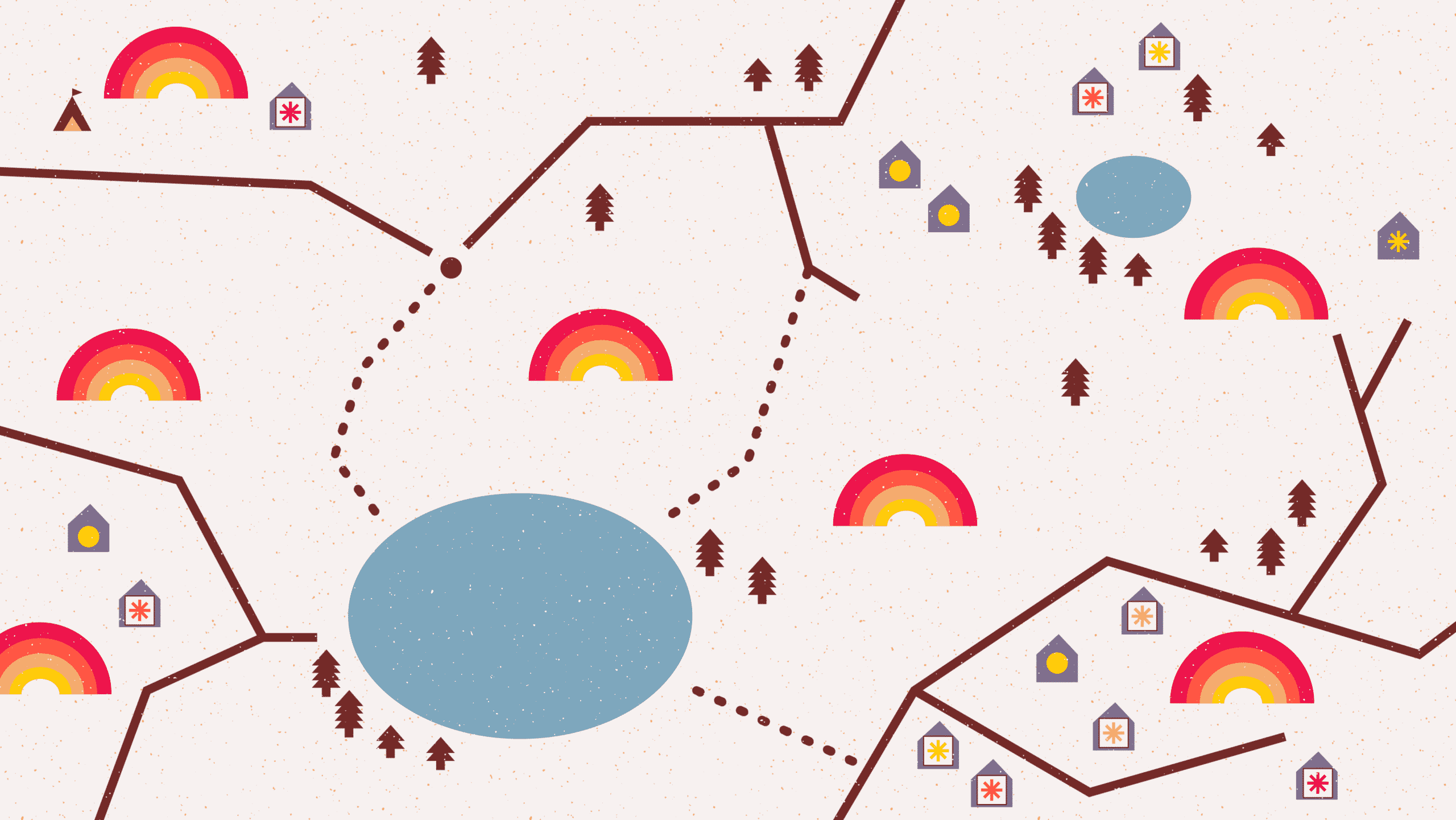Science is everywhere...
start here
Media

Angela Minassian
Malaria vaccine specialist
Chief Investigator in Malaria Vaccine and Challenge studies at the Draper Laboratory, University of Oxford, and Honorary Consultant Infectious…
New
Most Popular

Could vaccinations stop people from getting cancer?
Finding a cure for cancer is unarguably one of the biggest medical challenges that we face. But what if…
New
Most Popular

Who should get the vaccine first?
It’s a question that’s on the lips of politicians, scientists and policy-makers right across the globe – who should get…
New
Most Popular

What does the ‘R Rate’ really mean?
We’re all pretty used to hearing lots of pandemic-related terminology by now. I mean, last year, who knew what ‘social…
New
Most Popular

Understanding Covid-19 transmission, informing control
Tackling a previously unseen pathogen – like the one that causes COVID-19 – is like piecing together a puzzle.…
New
Most Popular
